What are the prohibitions in educational institutions in Vietnam?
What are the prohibitions in educational institutions in Vietnam?
According to Article 20 of the Education Law 2019, regulations on the prohibition of promotion of religion in educational institutions are as follows:
Prohibition of promotion of religions in educational institutions
Neither religion promotion nor religious rituals are to be conducted in educational institutions of the national educational system, of the State agencies, of political organisations, of socio-political organisations and of the people's armed forces.
Article 21 of the Education Law 2019 stipulates:
Prohibition of abuse of educational activities
1. It is prohibited to abuse educational activities to distort State guidelines, policies, legislation; to oppose the Socialist Republic of Vietnam, to separate the block of great national solidarity, to incite violence, to propagate war of aggression, to erode the good traditions and customs, to publicize superstitious beliefs and bad customs, or to attract learners into social evils.
2. It is prohibited to make corrupt use of educational activities for self-interest purposes.
Thus, the prohibitions on promotion in educational institutions in Vietnam are as follows:
- Religion, religious rituals;
- Distortion of State guidelines, policies, legislation; to oppose the Socialist Republic of Vietnam, to separate the block of great national solidarity, to incite violence;
- Propaganda for war of aggression, to erode the good traditions and customs, to publicize superstitious beliefs and bad customs, or to attract learners into social evils.
What are the prohibited activities in educational institutions in Vietnam?
According to Article 22 of the Education Law 2019, the prohibited activities in educational institutions in Vietnam are as follows:
- Disrespect of dignity and honor, committing physical assault towards teachers, staff, labour workers of educational institutions and towards learners.
- Distortion of educational contents.
- Cheating in learning, testing, examination, admission.
- Smoking; alcohol consumption; security and order disruption.
- Forcing students to take extra classes for money.
- Forcing contributions in cash or in kind in the name of educational sponsorship or support.
What are the regulations on educational programmes in Vietnam?
Article 8 of the Education Law 2019 stipulates educational programmes in Vietnam as follows:
- Educational programmes shall reflect the goals of education; set the standards for knowledge, skills, requirements on quality and capacity of learners; scope and structure of educational contents; methods and forms of organizing educational activities; evaluation methods of educational outcomes for each subject of every grade and level or for each subject, module, specialization of every training qualification.
- Educational programmes must ensure the scientific and practical characteristics; inheritability and transferability among different levels and different training qualifications; facilitate the classification of students and exchange between training qualifications, specializations and educational forms in the national educational system in order for localities and educational institutions to proactively implement suitable educational plans; satisfying the goal of gender equality and demands of international integration. Educational programmes are the basis of comprehensive education quality assurance.
- Requirements on knowledge, skills and on dignity and capacity of learners defined in educational programmes must be concretized in textbooks used for general education, in syllabi and teaching materials used for vocational education and higher education. Textbooks, syllabi and teaching materials must meet the requirements on educational methods.
- Preschool education and general education shall run year-based programmes; vocational education and higher education may run year-based, module-based, credit-based programmes or combined programmes.
Study results of subjects or credits/modules accumulated by learners after pursuing an educational programme are considered for transferable values for respective subjects or credits/modules of other educational programmes when learners change their educational specializations/professions, forms of studies, or follow higher educational levels or qualifications.
- Within the scope of their duties and authorities, the Minister of Education and Training and Minister of Labour - War Invalids and Social Affairs shall stipulate the implementation of educational programmes and the recognition of the transferable values of study results of higher education and vocational education levels as prescribed in this Article.
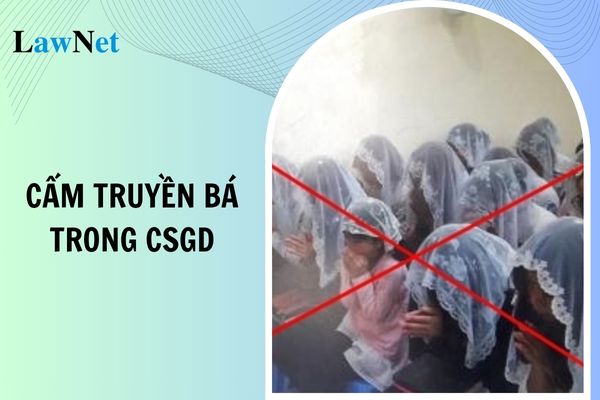
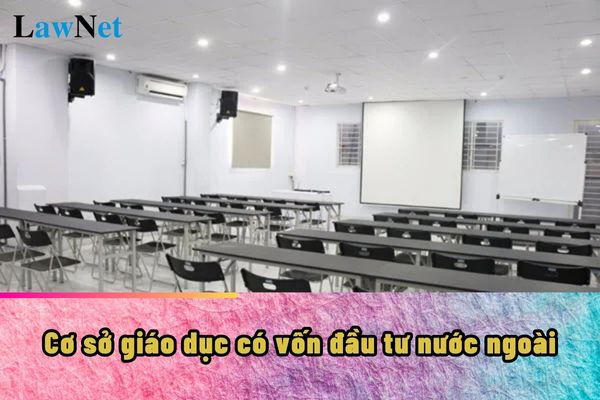
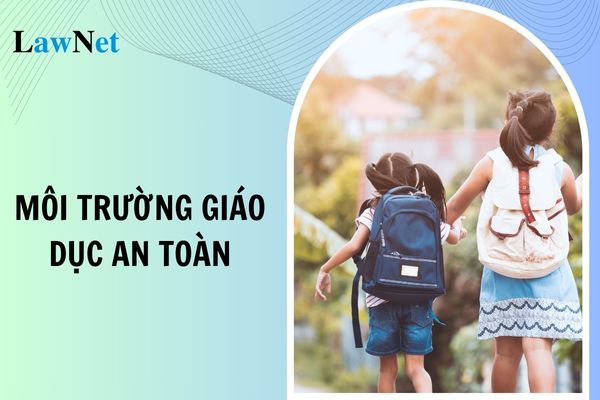
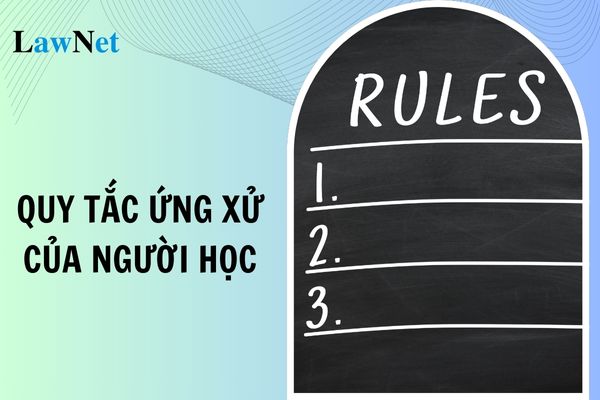
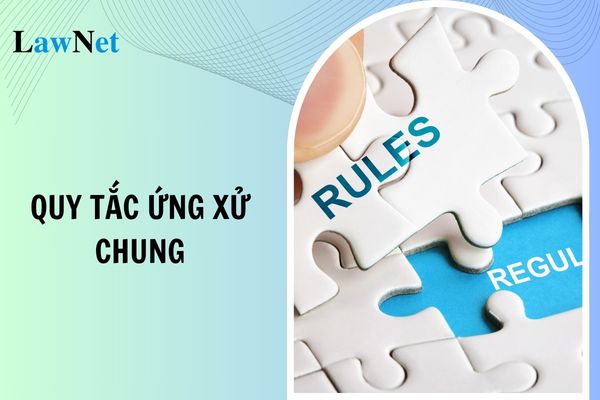
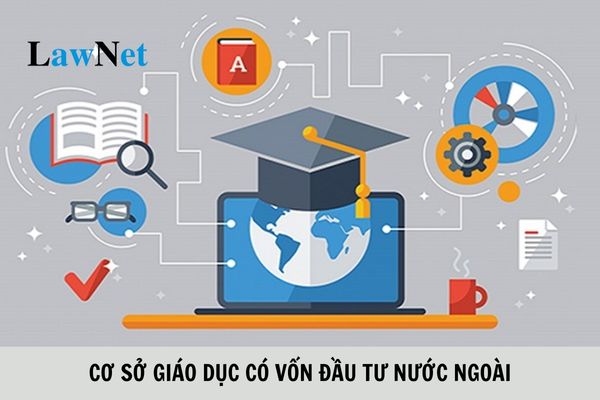
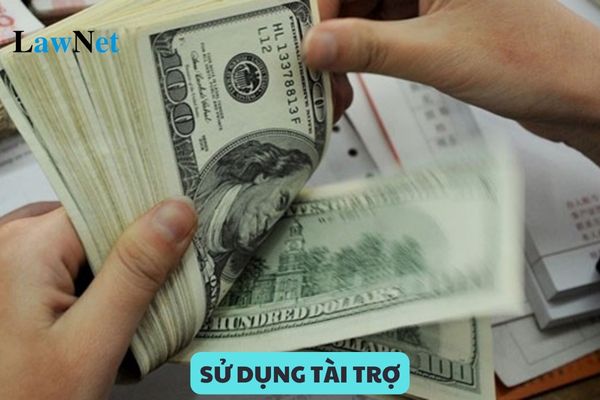
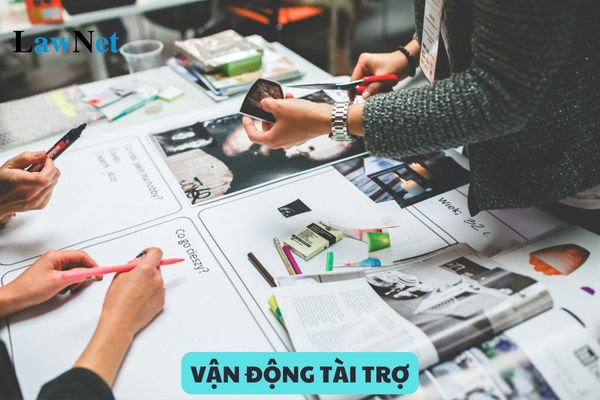
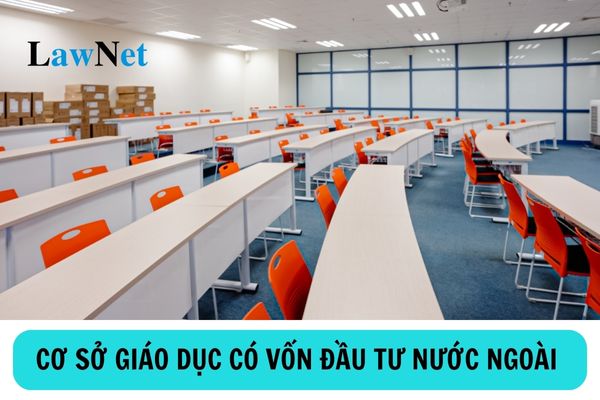
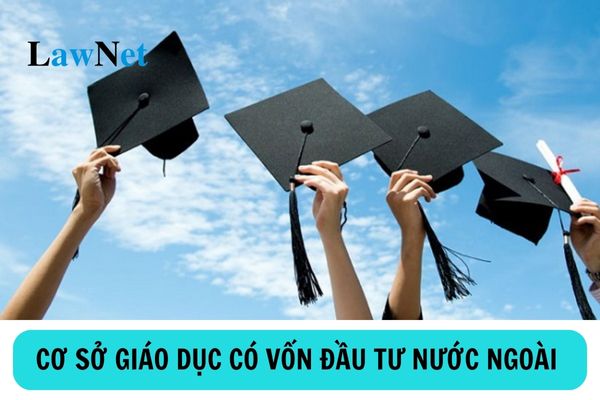
- What are details of the Cultural Heritage Law 2024? What are regulations on educational activities of museums in Vietnam?
- Where is Congo? When do students in Vietnam learn about the geographical location of African?
- How to prevent school violence in vocational education institutions in Vietnam?
- Vietnam: What are the guidelines for making a Christmas tree from cardboard? May students participate in making Christmas Trees from cardboard held by their classes?
- What are guidelines on handling incidents of school violence in Vietnam?
- What is Google Scholar? What contents must be included in the Regulation on the organization of online university training in Vietnam?
- Vietnam: What are the coloring pages themed Tet and Spring for children? What are the 03 available types of preschool education institutions?
- What is social evil? What are objectives for preventing and combating drug-related social evils in schools by 2025 in Vietnam?
- What is the sample outline for an essay showing feelings on the town scene at night in the short story "Hai đứa trẻ"? What are the requirements for the programmes of general education in Vietnam?
- What are the sample social argumentative essays on the waste of idle time among Vietnamese youth? What is the basis for assessing the training results of 11th-grade students?

